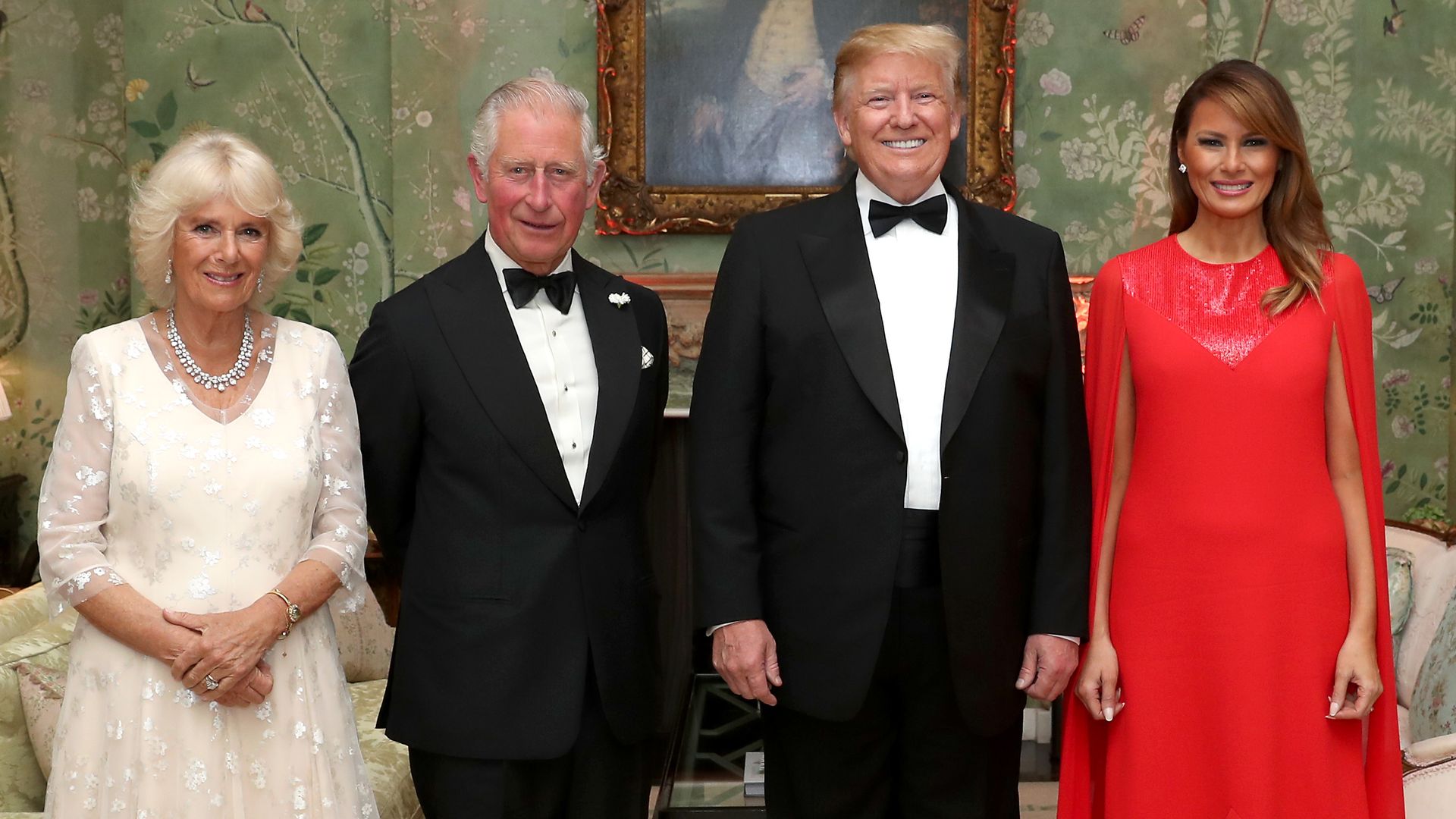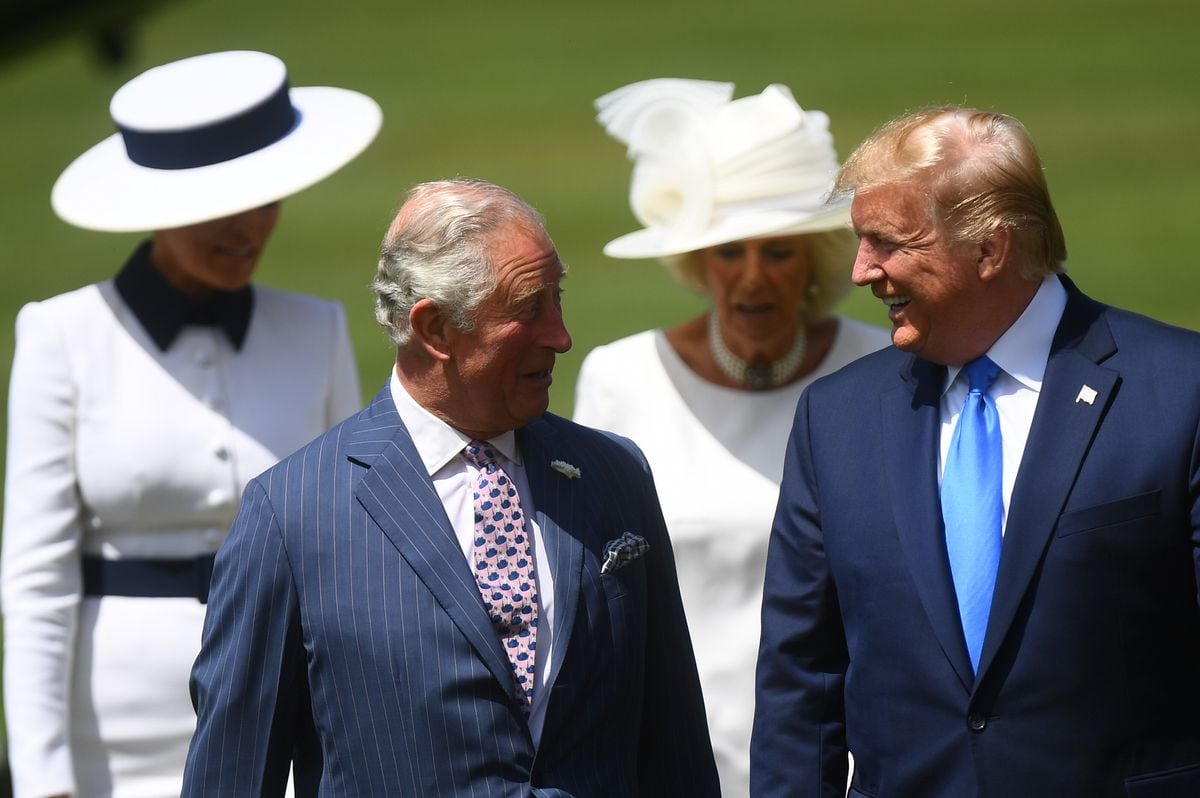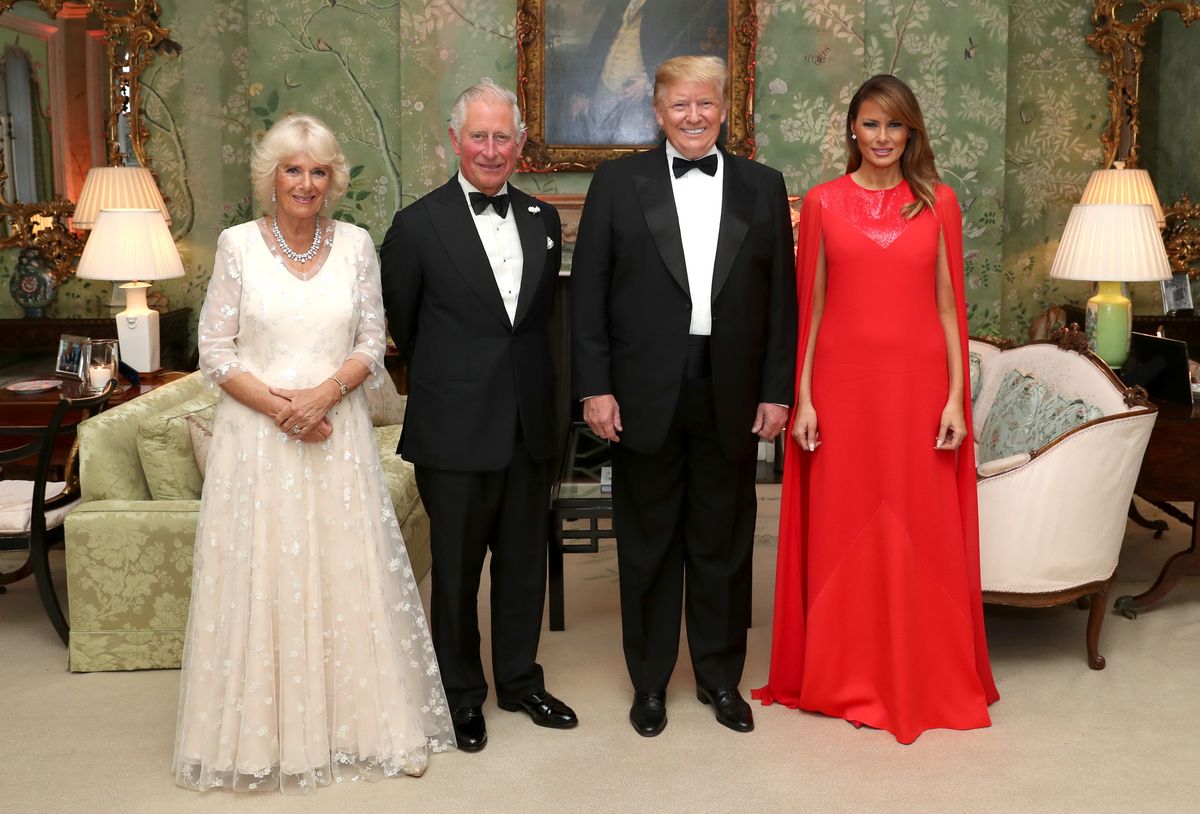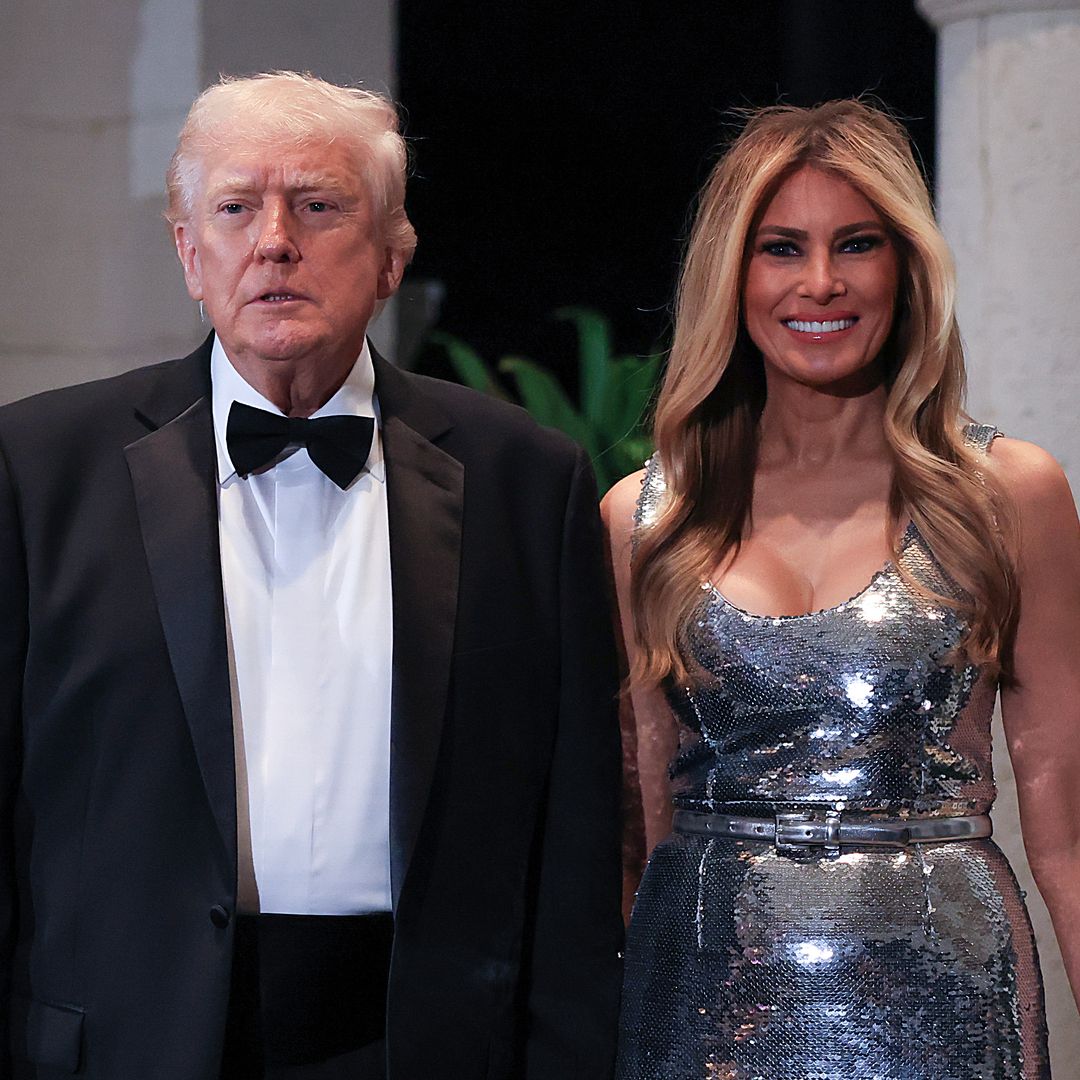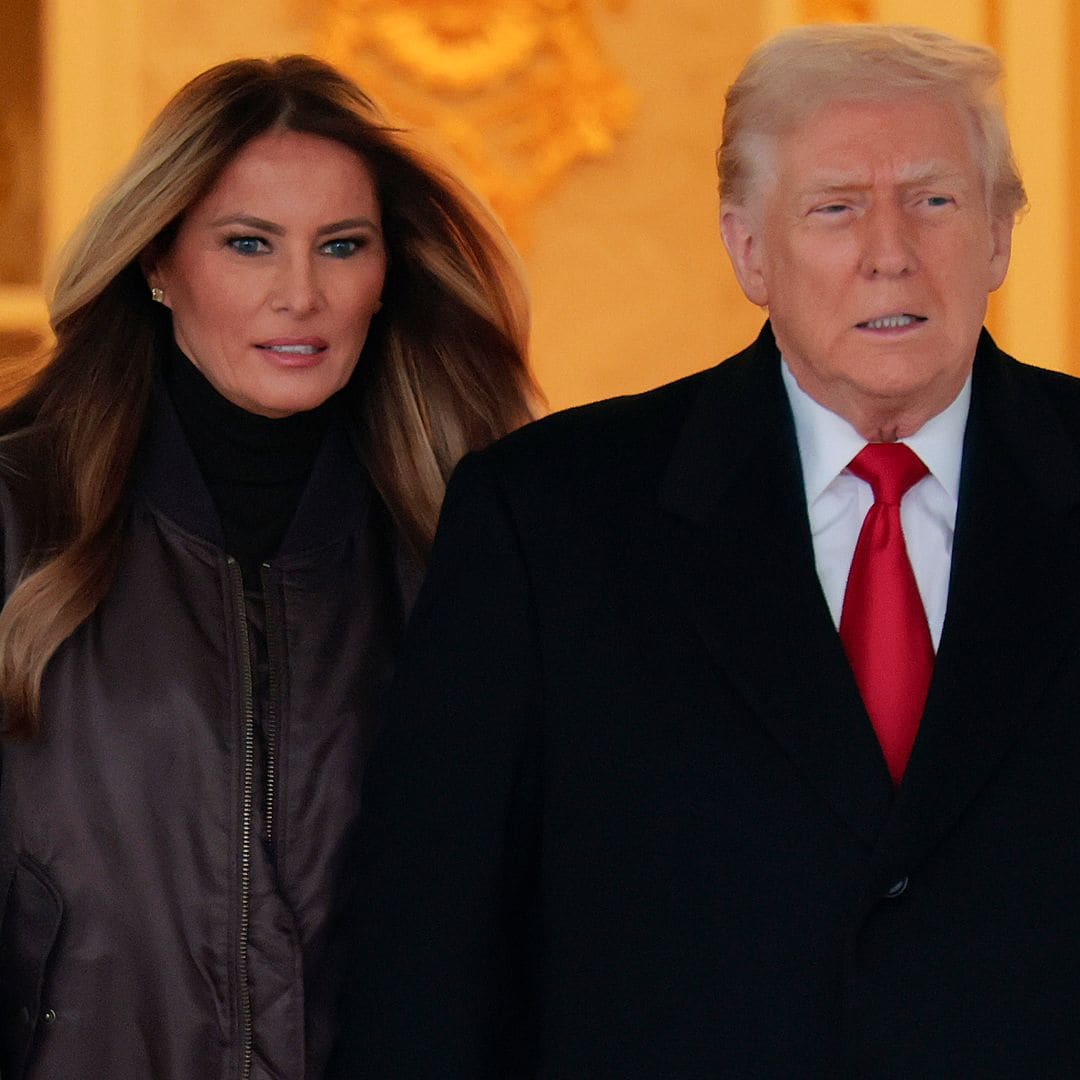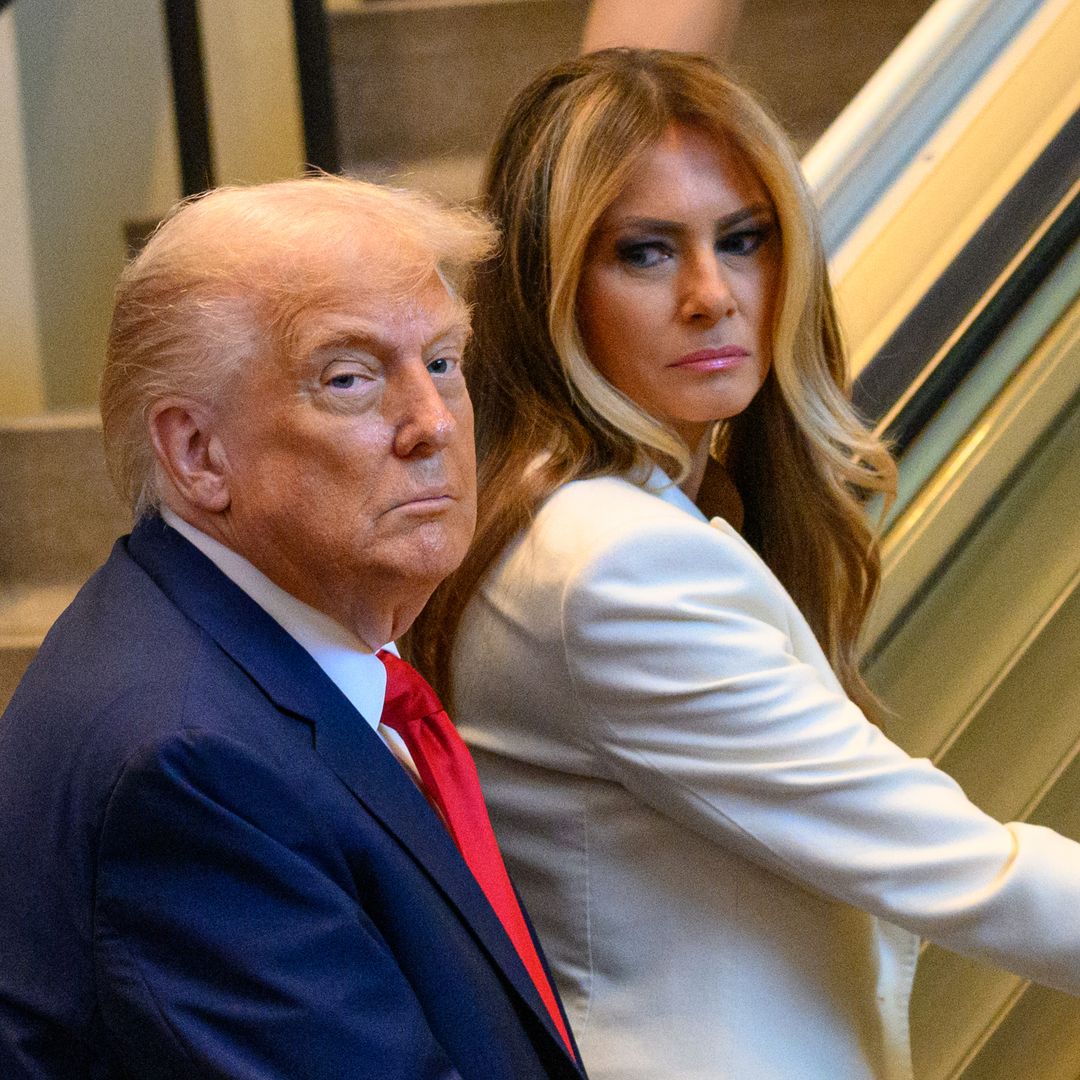A date has been set for President Donald Trump and First Lady Melania Trump's second state visit to the UK. Buckingham Palace announced on Monday that King Charles will host the first couple from Sept. 17 to Sept. 19 at Windsor Castle.
"His Majesty The King will host The President of the United States of America, Donald J. Trump, accompanied by the First Lady, Melania Trump, for a State Visit to the UK, from Wednesday 17th September to Friday 19th September 2025," the palace said.
The invitation from King Charles was in a letter that British Prime Minister Keir Starmer delivered to the president of the United States during a visit to the White House this past February. "This is really special. This has never happened before. This is unprecedented," the prime minister said.
"I think that just symbolizes the strength of the relationship between us. This is a very special letter. I think the last state visit was a tremendous success," the prime minister added. "His Majesty the King wants to make this even better than that, so this is truly historic. An unprecedented second state visit."
President Trump accepted the invitation at the time and said that he and the first lady "look forward to being there and honoring the King and honoring really your country. Your country is a fantastic country and it will be our honor to be there."
According to the BBC, "Traditionally, second-term presidents are not offered a state visit and have instead been invited for tea or lunch with the monarch."
During his first term, President Trump and Melania paid a state visit to the UK at the invitation of Queen Elizabeth. "I am delighted to welcome you and Mrs Trump to Buckingham Palace this evening, just twelve months after our first meeting at Windsor," the late Queen said at the state banquet in 2019. "Visits by American Presidents always remind us of the close and longstanding friendship between the United Kingdom and the United States, and I am so glad that we have another opportunity to demonstrate the immense importance that both our countries attach to our relationship."
Eric Trump told GB News last year that his father "had so much respect for the Queen." The president himself has spoken about his respect for the royal family. Back in April, he said (via the BBC), "I'm a friend of Charles, I have great respect for King Charles and the family, William, we have really just a great respect for the family."
